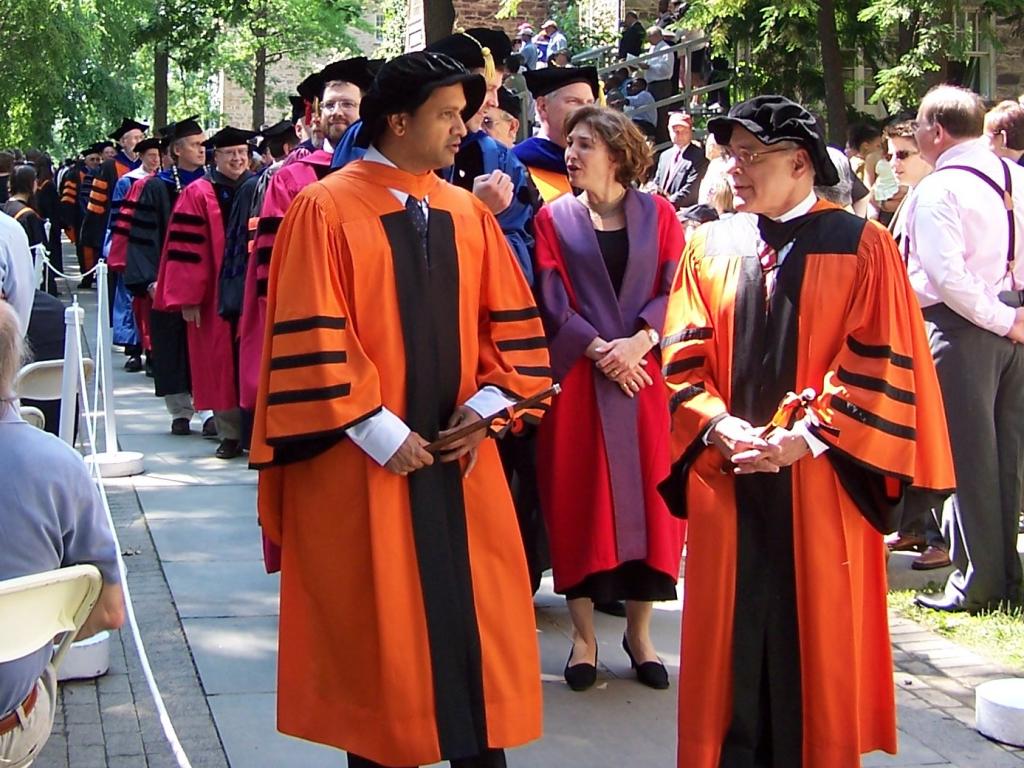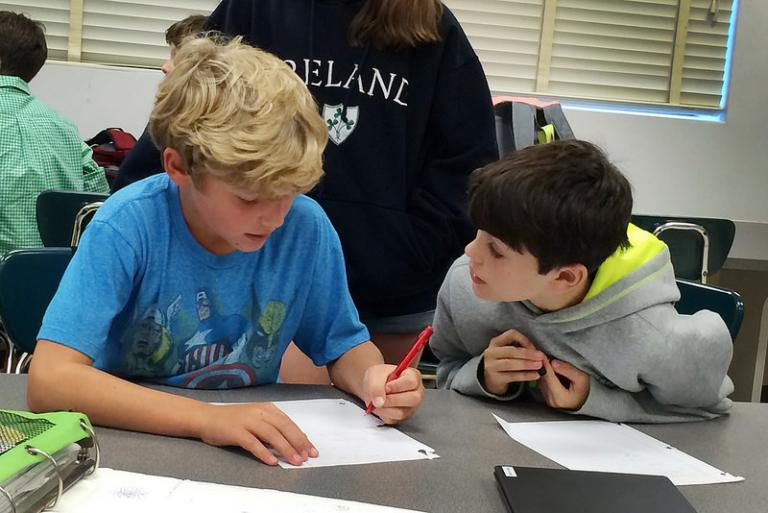Here’s an item out of Slate, linking to an article in the Washington Post (it’s the beginning of the month, so I haven’t hit my article limit): the Washington, D.C., public school system is going to teach its second graders how to ride a bike.
This is being accomplished via 1,000 bikes, purchased with a mix of District and donor money, which will rotate through the schools as each, in turn, has a mini-unit on bike-riding, consisting of four weeks (perhaps extended next year) of 50 minute-per-week lessons. The second grade year was chosen because of the expectation that a good number of kids will have already learned by then, so that the program fills in what’s missing for those who haven’t. To be honest, it surprises me that the lessons are so short — I would have thought that 4 x 50 minutes wouldn’t be nearly enough time to learn, especially since kids without that skill by 2nd grade are a mix of families without bicycles at home and kids with mild impairments in motor skills/balance — the type that don’t merit or qualify them for occupational therapy but still mean they fall behind.
The Slate article cites a District official as being inspired to begin this program after starting with a bike safety unit in which children were being instructed on “always wear a helmet” who had never ridden a bike. And, I have to say, this makes sense in the context of poor kids who will never be exposed to bike-riding in the first place, whose parents don’t bike and can’t teach them, and for whom biking, as an adult, could be a meaningful transportation alternative, when cars are unaffordable and busses don’t run everywhere you need to go, or require multiple transfers. (Remember the man who walked 21 miles to and from work?)
But the slant the Slate article took bothered me: the author is a middle-class DC mom, whose son attends a charter school and hence wasn’t eligible for the district program, and she hired an occupational therapist to teach her son to ride a bike, and praises the program as something that should be universal, to take this burden away from parents in general, not just to remedy a deficiency in poor neighborhoods.
How far does this go? What life skills should our schools teach, and which are a part of parenting? The idea of a middle-class family asking the schools to teach bike-riding because it’s no fun for parents sounds preposterious and lends itself to jokes (“what next? should there be Laundry Class before kids head off to college?”), but at the same time, some life skills had formerly been a part of schooling and have now been abandoned — cooking and sewing in home ed, and woodworking in shop class, for instance — while others are being added; for instance, gym class, health class, and personal finance lessons are now being talked about as “life skills.” And in Michigan, one statewide high school graduation requirement has always been either swimming class or swimming proficiency.
Your thoughts, as always, welcomed.
Image: https://commons.wikimedia.org/wiki/File%3ATrailnet-SR2S-09.jpg; By Trailnet (originally posted to Flickr as Trailnet-SR2S-09) [CC BY-SA 2.0 (http://creativecommons.org/licenses/by-sa/2.0)], via Wikimedia Commons


![https://commons.wikimedia.org/wiki/File%3ATrailnet-SR2S-09.jpg; By Trailnet (originally posted to Flickr as Trailnet-SR2S-09) [CC BY-SA 2.0 (http://creativecommons.org/licenses/by-sa/2.0)], via Wikimedia Commons](https://wp-media.patheos.com/blogs/sites/533/2016/05/575px-Trailnet-SR2S-09.jpg)















